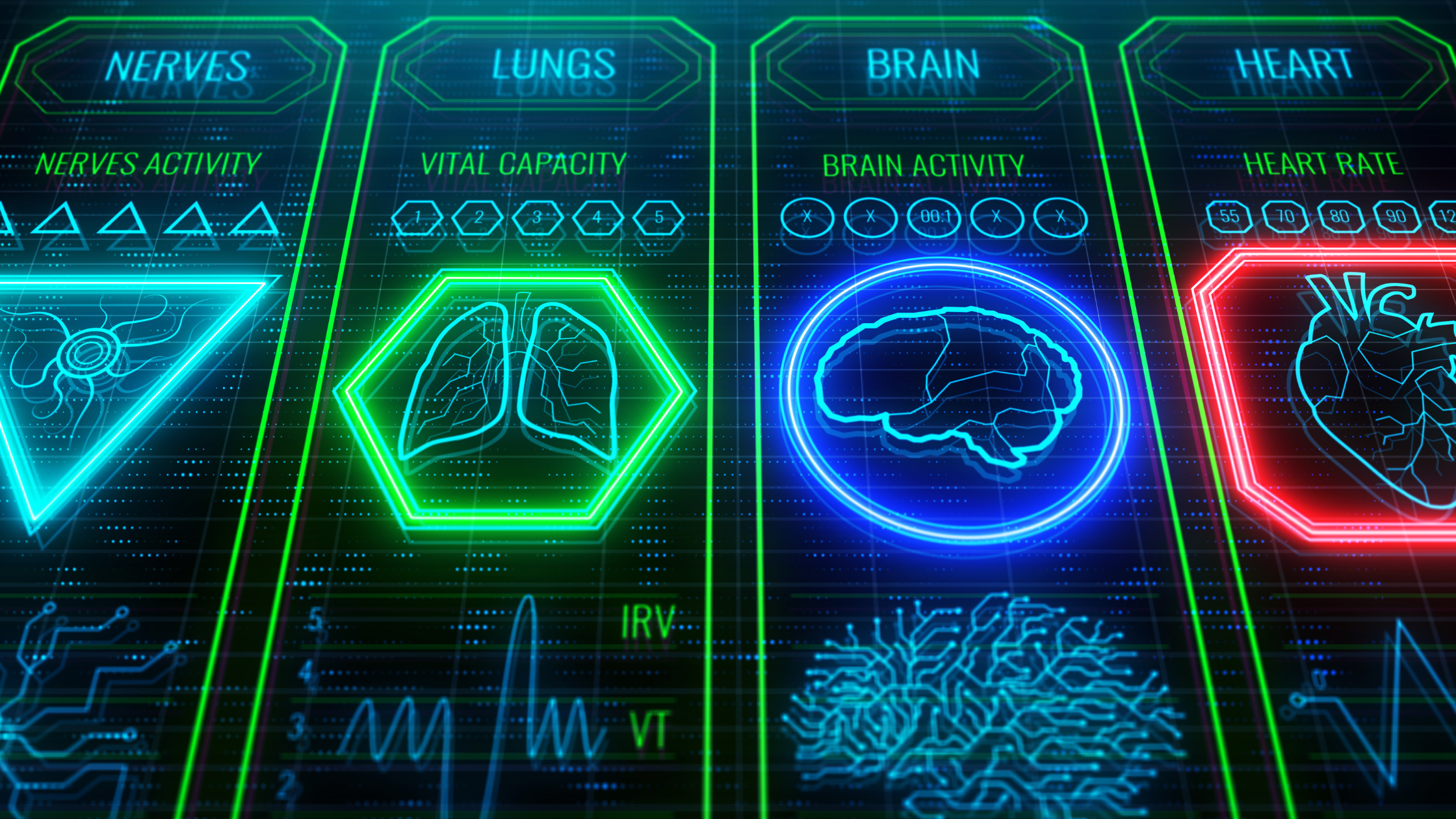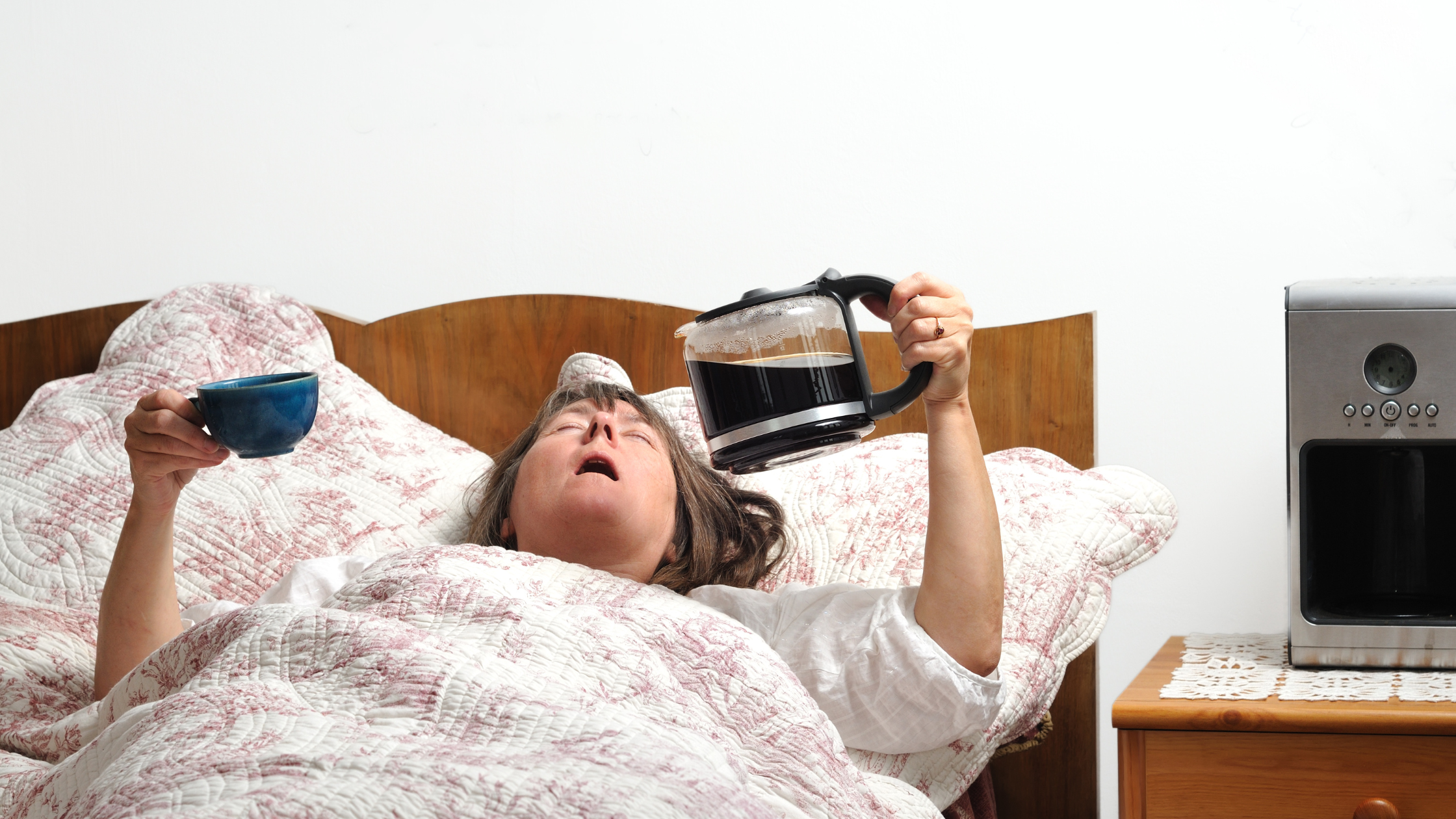How Does Caffeine Affect Your Body?
Written by TYE Medical on Jul 27th 2022
If you’re a regular coffee or energy drink consumer and have ever tried to sideline your “habit”, you know that caffeine’s effects on the body are very real. You likely experienced caffeine withdrawal symptoms in ways you never thought possible.
But why?
Caffeine is a drug that stimulates (increases activity in) your brain and nervous system. But it also affects your adrenal system, increasing the circulation of stress chemicals like cortisol and adrenalin. The flooding of these chemicals is one reason you feel more alert and “up” after consuming caffeine.
Anything that affects your brain, nervous system, and the adrenal system is going to have a wide-reaching impact, which isn’t necessarily bad. But when your body grows accustomed to operating under the influence of caffeine daily, you will certainly notice when the drug is removed from your diet.
So exactly what does caffeine do to your body? How much can you safely drink and what are the pros and cons of caffeine consumption? If you enjoy your daily “cup of joe” then it’s probably worth your time to find out.
What Happens When You Consume Caffeine?

According to the FDA, about 80% of adults consume caffeine in some form daily. If you’re like many Americans, you reach for that morning cup of coffee to get a jolt of caffeine that wakes you and prepares you for the day.But as with most things in life, caffeine has both positive and negative effects on the body. And what determines this is often the frequency and quantity of caffeine consumed. Even if you drink just one or two cups of coffee per day, your body builds a tolerance and becomes dependent on it to the degree that there is a period of adjustment (withdrawal) when you go without it.
Here is an overview of the ways caffeine affects various parts of your body.
Your Brain and Nervous System
- Caffeine stimulates your brain, increasing alertness and temporarily relieving drowsiness and fatigue.
- It enhances your mood (by increasing dopamine levels) and in some cases, eases depression when used in moderation.
- Caffeine withdrawal can cause irritability.
- Too much caffeine can overstimulate your brain and cause confusion.
- It can cause headaches if you consume too much or if you are experiencing withdrawal symptoms. In small amounts, it can ease migraine symptoms.
- Too much caffeine can cause “jitters” and increase anxiety symptoms.
Adrenal System
- Caffeine inhibits the absorption of adenosine, a chemical that promotes calmness and drowsiness. This may be helpful in the short term but can cause sleep problems later.
- Caffeine gives you a temporary adrenaline boost but the downside is the potential for fatigue and depression later.
- Caffeine also increases your body's cortisol levels. Cortisol is a stress hormone that would typically only be released during a stressful or threatening event. Chronically elevated cortisol levels cause weight gain, moodiness, diabetes, and even heart disease.
- Caffeine increases dopamine levels which make you feel good at the moment, although the effects are far less than other types of drugs. The boost in dopamine can also make caffeine addictive because you want to restore that good feeling after it wears off. You might want more caffeine to stave off the low feelings that follow.
Digestive System
- More acidic caffeinated beverages like coffee and soda may cause heartburn.
- Too much caffeine may cause nausea and vomiting.
- Moderate amounts of caffeine may keep your system regular but too much can cause diarrhea.
Cardiovascular System
- Caffeine increases your heart rate which could affect preexisting heart issues and make arrhythmias more noticeable.
- It increases blood pressure temporarily which is more noticeable during exercise or other physical activity.
Other Bodily Effects
- Caffeine withdrawal can cause muscle aches.
- Increases your risk of osteoporosis since caffeine blocks calcium absorption in your bones.
- Caffeine is a diuretic that increases urination. Prolonged caffeine overconsumption may worsen existing bladder problems or cause instability.
- Overconsuming caffeine during pregnancy may cause miscarriage and developmental issues for newborns. Pregnant women should consume no more than 200 mg of caffeine daily (or about one 12 oz cup of coffee).
How Much Coffee Is Safe to Drink?

For details, check out our article, 4 Signs You’re Getting Too Much Caffeine. When it comes to how much is too much, it’s important to remember that everyone reacts differently to caffeine. Some are more sensitive to the drug and preexisting health conditions can also alter the effects and side effects. How much you can safely consume also depends on your body mass and metabolism.
It’s recommended that the average adult drink no more than 400 mg per day which converts to two 12 oz cups or four-six oz cups per day. But if you’re more sensitive, have certain health conditions, or suffer from insomnia, it may benefit you to drink less than the recommended.
If the average person consumes more than this, they are more likely to experience symptoms of overconsumption like jitteriness, insomnia, nausea, tremors, heart palpitations, irritability, and depression
Caffeine Withdrawal Symptoms

Most people develop a tolerance to caffeine if they drink it daily and then need more of the drug to experience the same satisfying effects. Even if you don’t increase your intake but consistently drink two to four cups of coffee each day, you’re still likely to experience withdrawal symptoms when you cut back or quit.
You will usually experience withdrawal symptoms 12-24 hours after the last dose of caffeine. This may cause unwelcome effects like:
- Lack of energy
- Headaches
- Tremors
- Irritability
- Fatigue and drowsiness
- Anxiety
- Difficulty concentrating
- Depressed mood
You probably won’t develop all of these caffeine withdrawal symptoms but will be prone to specific ones. The severity of symptoms often depends on how much you regularly consume. But you should see an improvement in symptoms within two or three days.
Benefits of Caffeine

Despite some of the negative publicity, there are some legitimate health benefits from caffeine.
- Boosts energy
- Lower risk of type 2 diabetes
- Protects against Alzheimer's, Parkinson’s disease, dementia
- Promotes weight management
- Lower risk of depression
- Protects against liver conditions
- Supports heart health
- Enhances athletic performance
Like anything else, it’s best to weigh the pros and cons when it comes to caffeine consumption. And one of your most important considerations is your existing health conditions.
When to Avoid Caffeine

While it may be obvious that certain conditions like pregnancy or heart arrhythmias should prompt you to pass on your next expresso opportunity, other conditions may escape your attention–like anxiety, for example.
If you experience anxiety or panic attacks regularly, caffeine could worsen your symptoms. At the very least, you may want to consider reducing your intake. At high levels, it’s possible for anyone to experience a caffeine-induced anxiety disorder. But if you are already prone to anxiety, consuming caffeine can magnify your symptoms. For some people, even a cup or two of coffee could increase anxiousness or cause anxiety-related heart palpitations.
Other reasons to reduce or avoid caffeine:
Heart Conditions
If you have arrhythmias, another heart condition, or high blood pressure, it’s important to talk to your doctor about how much (if any) is safe for you to consume. Caffeine increases heart rate and temporarily elevates blood pressure.
Pregnancy & Breast Feeding
It’s recommended that pregnant women limit caffeine to 200 mg or avoid it altogether as it can affect the health of the unborn baby. Even breastfeeding women should avoid caffeine since it puts them at risk for dehydration.
Sleep Disorders
Avoid caffeine at least six hours before bed. Doing so can help you break a perpetual cycle of afternoon coffee and sleepless nights.
GERD (Gastroesophageal reflux)
Caffeine can relax the lower esophageal sphincter that acts as a valve between your esophagus and stomach. For most people, this isn’t a problem. But if you have GERD, this can increase your symptoms.
IBS
Diarrhea is a major symptom of IBS and since caffeine can increase regularity it also increases your chances of this unwelcome side effect.
Overactive Bladder
You’ve probably heard that caffeine is a diuretic, which means it can increase both urgency and frequency. That’s why you want to avoid that large-size cup of coffee before a road trip. If you already suffer from an overactive bladder, caffeine will only add to your woes.
Avoiding Caffeine and Caring for Bladder Health

Many of the health conditions that require you to limit or avoid caffeine also affect your bladder. As you take steps to secure your health and make wise choices, consider TYE Medical’s premium incontinence products.
We have a wide array of sizes and absorbency levels to suit your specific needs. And this reliable protection is shipped discreetly to your door for free. We offer unisex products as well as products for men or women.
You can shop our online store now, and if you need assistance, our friendly staff is standing by for an online chat. Or, you can contact us.
Want to find your perfect fit? Try our product finder tool to aid you in your online purchase.


